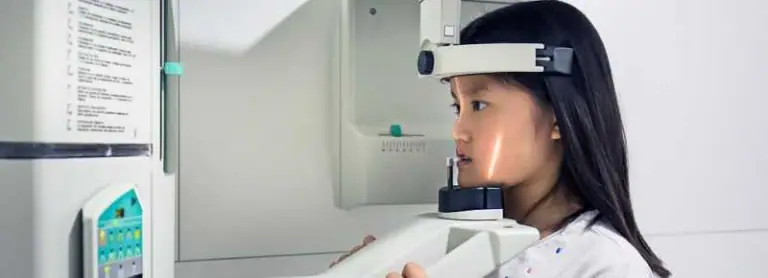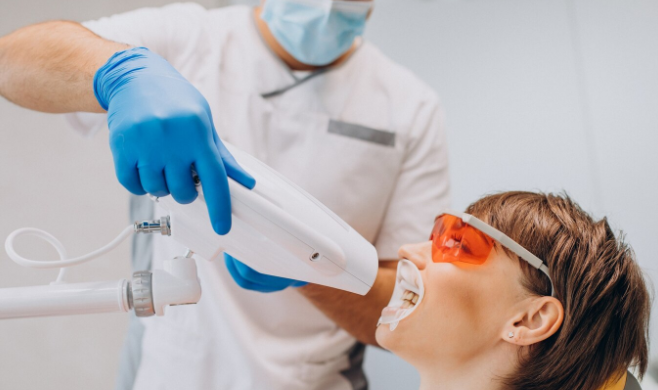Dental emergencies come unannounced! You can find yourself in situations where your teeth or oral cavity are injured in some way or the other. Depending on the nature of the issue, they can result in a lot of swelling, discomfort, and pain or even lead to more significant problems down the road. However, it’s just a symbolic statement. When the situation arises, you might be confused about what exactly is a dental emergency? Or, should you visit a dentist in Keller, Texas, immediately after an accident? Or should you hold off a dentist consultation for some time? To clear the air around such confusion, let’s look at the different situations that count as dental emergencies. But first, let’s understand what a dental emergency looks like in the following section.
What Is A Dental Emergency?
According to multiple emergency dentists in Keller, TX, hundreds of cases concerning oral pain were recorded in the previous few months. This shows how common dental emergencies can be! Still, not every instance concerning your oral health can be considered an emergency. To help you evaluate the situation and understand if you can wait until your next dentist consultation, we have listed some questions you might want to ask yourself:
- Do you feel severe pain?: If you’re in severe pain accompanied by heavy bleeding, you should rush your way to get dental advice.
- Did you lose a tooth?: If yes, chances are you might want to save it. Opting for an emergency dentist can potentially help in keeping your tooth.
- Are you feeling loose teeth? A loose tooth can be a severe dental problem, especially if you’re an adult. Therefore, rush to an ER, even if it’s not paining at the moment.
- Are you suffering from an infection? Any serious oral infection or abscess in your mouth can be life-threatening! Therefore, you should never delay treatment in such cases.
- Lastly, you must visit an emergency dentist if you’re bleeding from the mouth.
Generally, a dental emergency can come under any incident that needs real-time treatment to prevent or alleviate severe pain, minimize bleeding, or save a tooth. The list also includes severe infections that can put your life in danger.
Some Common Instances Of Dental Emergencies
-
Random Toothache:
Toothaches are more than simply an inconvenience. They signify that your body is signaling something wrong in your mouth. In such instances, find a skilled emergency dentist to assist with the diagnosis and treatment of the unexplained toothache. However, before scheduling an appointment with your dentist, try these things:
- Put on a cold compress.
- Use seawater to rinse your mouth.
- To assist in easing the ache, take over-the-counter painkillers.
-
Exposed Nerves:
Exposed nerves are another dental emergency that you won’t want to avoid. The more you let them undiagnosed, severe the pain would be. Instead, seek prompt dental services to prevent any chances of infection, increased nerve damage, or more involved emergency dental treatments.
-
Missing Filling:
Next on our list, we have a missing filling. It counts as another potential dental emergency because, without that strength, your tooth can easily chip or crack. It could also make the tooth’s nerves visible, which might cause various severe dental problems that need immediate attention. Make a quick call to your dentist.
-
Broken Crown:
A cracked or broken crown can leave your tooth susceptible and exposed to harmful infection. However, you might be able to avoid requiring a tooth extraction, root canal, or any other dental treatment if you visit an emergency dentist to get the crown replaced.
-
Abscessed Tooth:
A dental abscess can lead to a serious, sometimes fatal illness once the infection spreads out from your tooth’s pus-filled pocket in the tooth. An abscessed tooth might result in:
- Fever
- Heat & Cold sensitivity
- Painful neck lymph nodes
- Enduring tooth pain
- A swollen face
Notice a protrusion (generally resembling a pimple) near the affected tooth, possibly on the gums. Since the infection may spread to your jaw, surrounding tissues, or other body parts, this illness requires immediate attention. Now that you know the different instances of a dental emergency. Let’s understand whom you should be reaching out to in such cases.
What Is Emergency Dentistry?
Most individuals go to the dentist for routine checks, planned procedures, or treatments. However, some folks merely show up at the dentist’s office. As a result, unexpected dental appointments are extremely common. No matter what time of day it is, it is critical that you visit your dentist as soon as you come across any of the emergencies listed above. However, if you’re confused about where to visit emergency dentistry, these professionals are experts that specialize in emergency dental treatments.
Trust The Professionals!
Dental emergencies are as unpleasant as they are unwelcome. Therefore, whenever you are in such situations, ensure you visit professional emergency dentists with free dental advice hotline.




